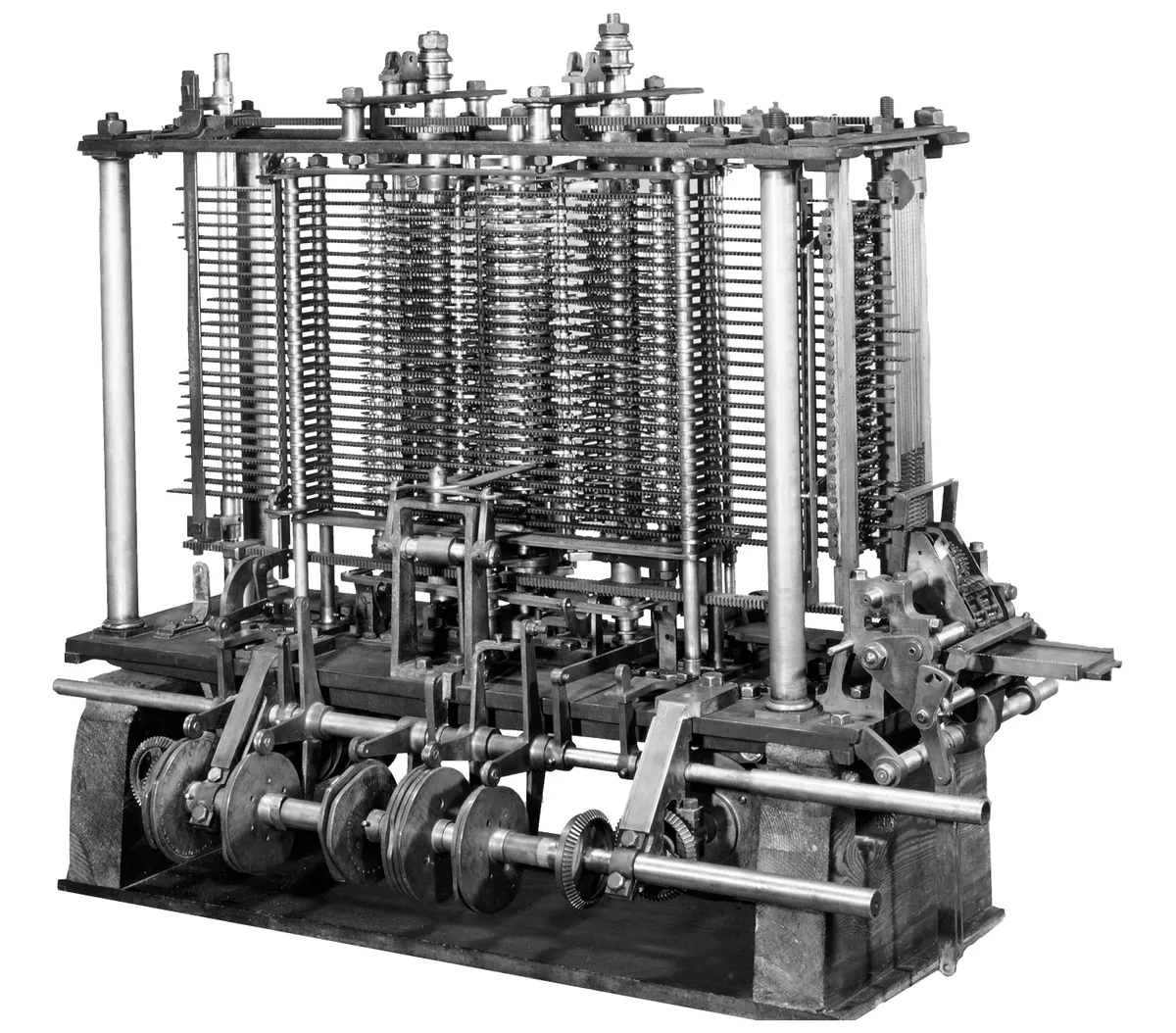Computers are far more than ultra-fast number-crunchers. Crucially, if given a new set of instructions, a computer’s processor and memory can – in principle, at least – do anything from word-processing to flying a plane.
Credit for being the first to consider building so versatile a device goes to the British mathematician Charles Babbage, who in 1834 began drawing up plans for what he called the ‘analytical engine’. His dream was to create a device whose gears, rods and wheels could be arranged – programmed – to perform a myriad of tasks from solving equations to composing music. Sadly, only a fragment of this Victorian engineering miracle was ever completed.

It took another 100 years before another British mathematician, Alan Turing, revived the idea of a ‘universal machine’ and investigated its theoretical powers. During WWII, his code-breaking colleagues at Bletchley Park exploited some of these powers. Their electronic device was called Colossus, and it broke Hitler’s most secret ciphers.
Historians still argue about who built the first genuine computer, but it’s generally agreed that engineers in the US and Britain both succeeded in creating electronic machines embodying Babbage’s dream by the late 1940s.
Read more:
Subscribe to BBC Focus magazine for fascinating new Q&As every month and follow @sciencefocusQA on Twitter for your daily dose of fun science facts.